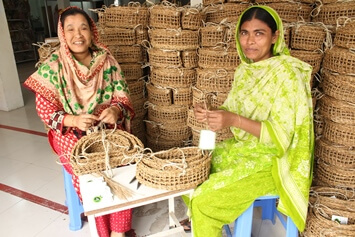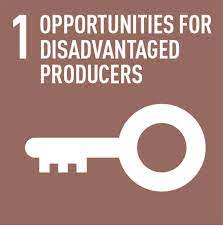
1. Opportunities for Disadvantaged Producers
Poverty reduction through trade forms a key part of the organisation's aims. The organisation supports marginalised small producers, whether these are independent family businesses, or grouped in associations or co-operatives. It seeks to enable them to move from income insecurity and poverty to economic self-sufficiency and ownership. The organisation has a plan of action to carry this out.
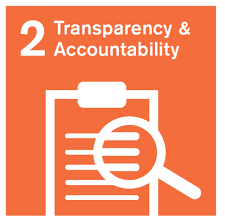
2. Transparency and Accountability
The organisation is transparent in its management and commercial relations. It is accountable to all its stakeholders and respects the sensitivity and confidentiality of commercial information supplied. The organisation finds appropriate, participatory ways to involve employees, members and producers in its decision-making processes. It ensures that relevant information is provided to all its trading partners.
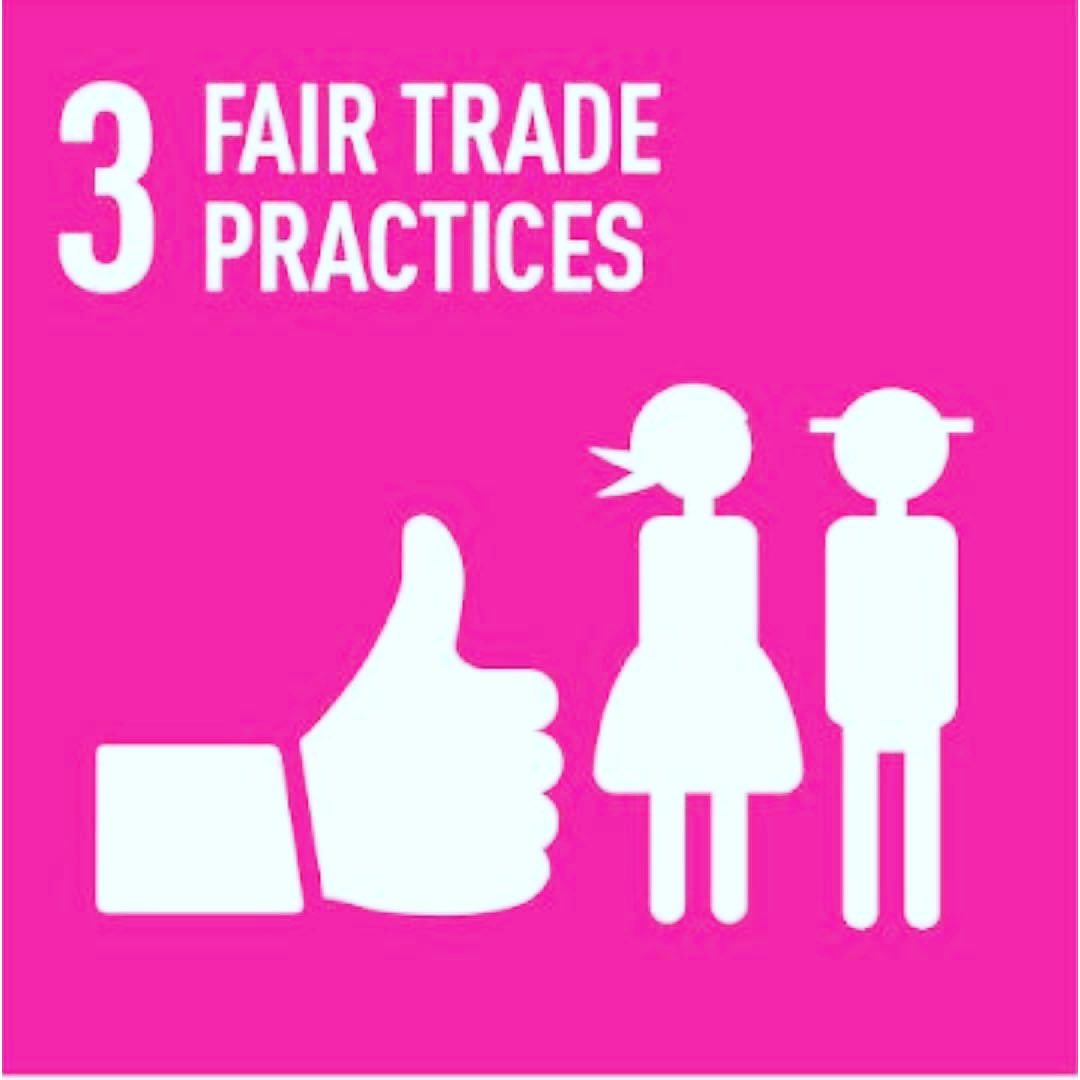
3. Fair Trade Principles
The organisation trades with concern for the social, economic and environmental well-being of marginalised small producers and does not maximise profit at their expense. It is responsible and professional in meeting its commitments in a timely manner. Suppliers respect contracts and deliver products on time and to the desired quality and specifications.
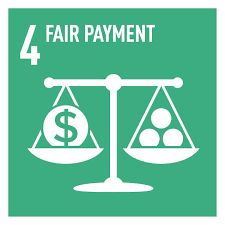
4.Fair Payment
A fair payment is one that has been mutually negotiated and agreed by all through on-going dialogue and participation, which provides fair pay to the producers and can also be sustained by the market, taking into account the principle of equal pay for equal work by women and men. The aim is always the payment of a Local Living Wage. Fair Payment is made up of Fair Prices, Fair Wages and Local Living Wages.
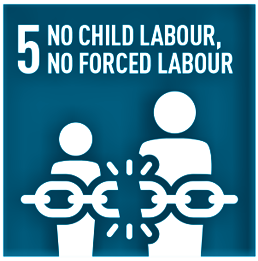
5. No Child Labour and Forced Labour
Organisations who buy Fair Trade products from producer groups either directly or through intermediaries ensure that no forced labour is used in production and the producer complies with the UN Convention on the Rights of the Child and national/local law on the employment of children.
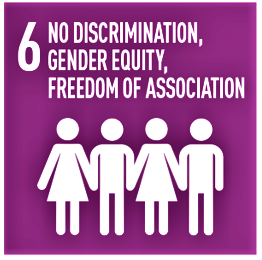
6. Non-Discrimination, Gender Equity and Women’s Economic Empowerment, and Freedom of Association
The organisation does not discriminate in hiring, remuneration, access to training, promotion, termination or retirement based on race, caste, national origin, religion, disability, gender, sexual orientation, union membership, political affiliation, HIV/AIDS status or age.
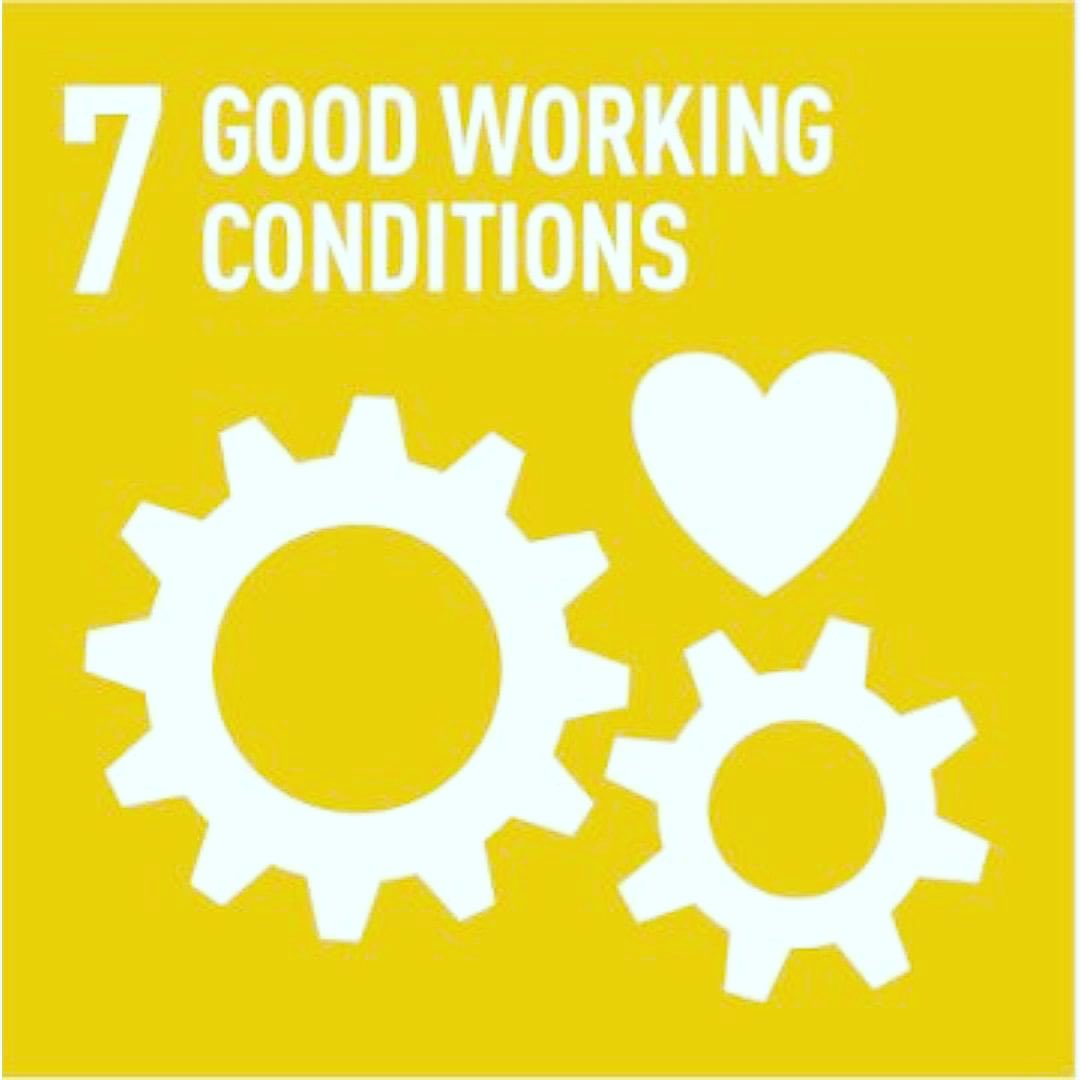
7. Good Working Conditions
The organisation provides a safe and healthy working environment for employees and/or members. It complies, at a minimum, with national and local laws and ILO conventions on health and safety.
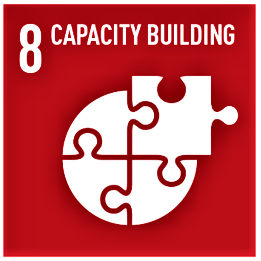
8. Capacity Building
The organisation seeks to increase positive developmental impacts for small, marginalised producers through Fair Trade.
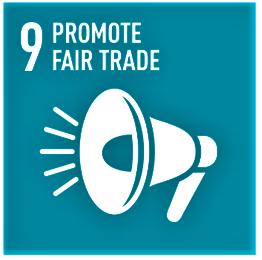
9. Promoting Fair Trade
The organisation raises awareness of the aim of Fair Trade and of the need for greater justice in world trade through Fair Trade. It advocates for the objectives and activities of Fair Trade according to the scope of the organisation.
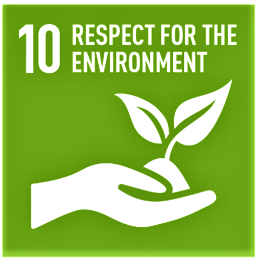
10. Respect for the Environment
Organisations which produce Fair Trade products maximise the use of raw materials from sustainably managed sources in their ranges, buying locally when possible. They use production technologies that seek to reduce energy consumption and where possible use renewable energy technologies that minimise greenhouse gas emissions. They seek to minimise the impact of their waste stream on the environment.
